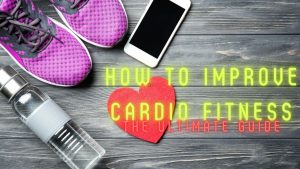Why Does Heart Rate Increase During Exercise?
Heart rate measures how many times your heart beats per minute. Your heart rate will increase when you exercise as it works harder to pump blood throughout your body. This can be a bit confusing for some people, so we wanted to take a moment and explain the science behind why heart rate increases during exercise.
What is the scientific explanation for an increased heart rate during exercise?
When we exercise, our muscles need more oxygen to produce energy. This increased demand for oxygen is delivered by our circulatory system, which includes the heart. The heart responds to the increased demand by pumping more blood through the body, which results in an increased heart rate. Additionally, hormones such as adrenaline are released during exercise, contributing to an increased heart rate.
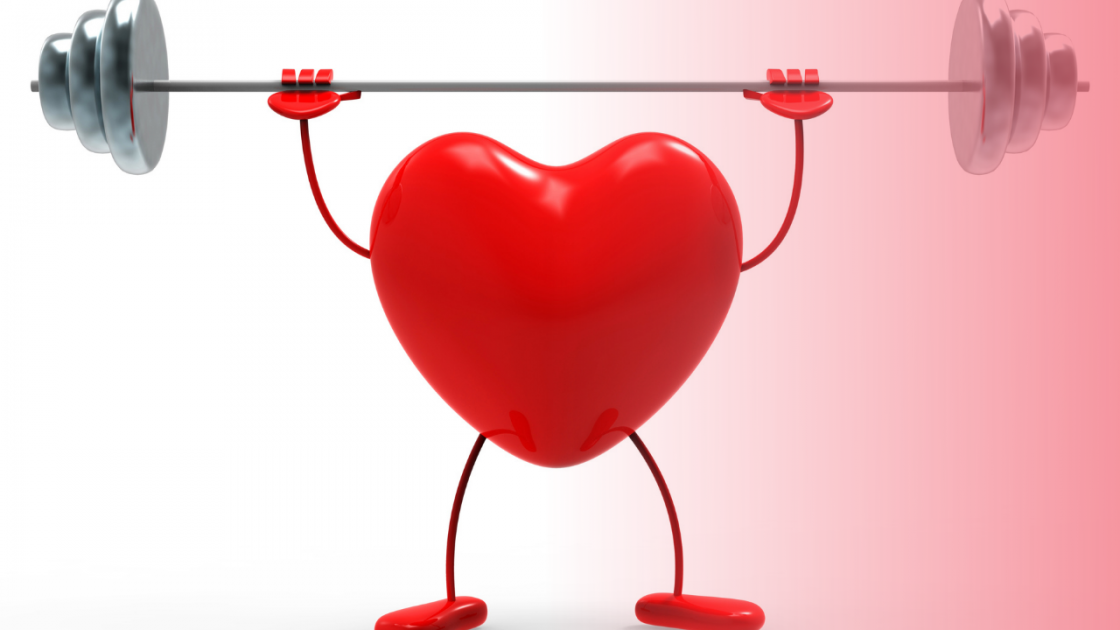
So, in short, the scientific explanation for an increased heart rate during exercise is that our muscles need more oxygen to produce energy, and the heart responds to this demand by pumping more blood through the body. Additionally, hormones such as adrenaline are released during exercise, contributing to an increased heart rate.
If you’re looking for a more detailed explanation, here’s a bit more information on each of these factors:
- The increased heart rate during exercise is due to the muscles needing more oxygen to produce energy. This increased demand for oxygen is delivered by our circulatory system, which includes the heart.
- The heart responds to the increased demand by pumping more blood through the body—this increased flow of blood results in an increased heart rate.
- Additionally, hormones such as adrenaline are released during exercise, contributing to an increased heart rate. Adrenaline is a hormone that helps prepare the body for “fight or flight” mode, and one of its effects is to increase heart rate.
How can you tell if your heart rate is too high during a workout?
There are a few ways to tell if your heart rate is too high during a workout. One way is to use a heart rate monitor. This device will track your heart rate and let you know when it’s time to slow down or stop working out altogether. Another way to tell if your heart rate is too high is how you feel. If you’re feeling short of breath, dizzy, or lightheaded, your heart rate is likely too high.
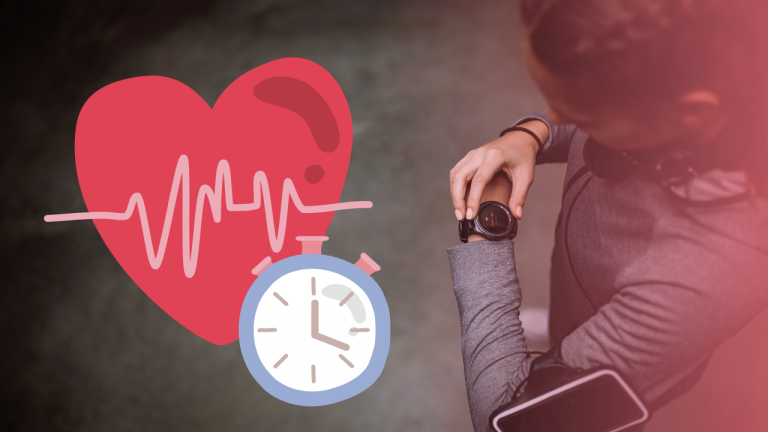
It’s essential to listen to your body and monitor your heart rate during exercise. This will help ensure that you’re getting the most out of your workout and not putting your health at risk.
If you have any questions about heart rate or exercise, be sure to talk with your doctor. They can help you create a safe and effective workout routine that’s right for you.
What are some tips for keeping your heart rate in check during a workout?
There are a few things you can do to keep your heart rate in check during a workout:
- First, make sure to warm up properly before starting your exercise.
- Start at a slower pace and gradually increase your intensity as you go.
- If you feel like your heart rate is getting too high, take a break and slow down for a few minutes.
Finally, listen to your body – if something doesn’t feel right, stop and rest.
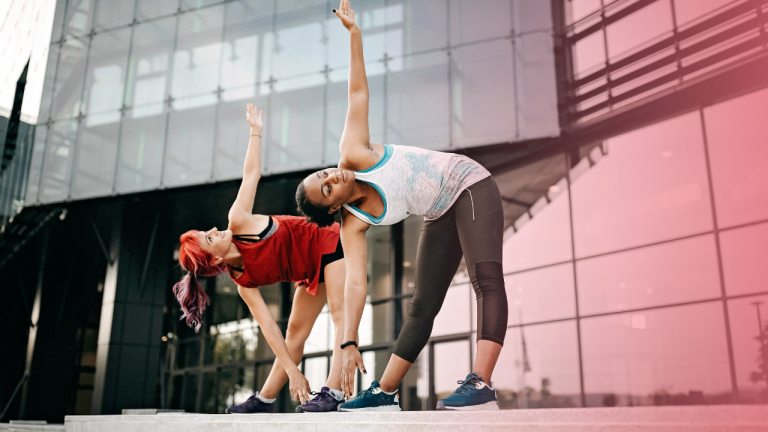
Warming up before exercising is important because it helps prepare your body for physical activity to come. When you warm-up, your heart rate increases and blood flow to your muscles also increases. This means that your heart doesn’t have to work as hard during the actual workout, which can help prevent an increase in heart rate.
Starting out at a slower pace is another way to keep your heart rate under control. When you go too fast right from the start, your body can’t keep up, and your heart has to work harder to pump blood to your muscles. By starting slowly, you can gradually increase your intensity and give your body time to adjust.
If you feel like your heart rate is getting too high, take a break and slow down for a few minutes. This will give your heart a chance to recover and slow down.
Exercise is supposed to be good for you, but it’s important to stop and figure out what’s going on if you feel pain or discomfort.
Can you still get a good workout if your heart rate is elevated?
Yes, you can still get a good workout if your heart rate is elevated. Many people believe that it’s better to work out when your heart rate is high because you’re getting more of a cardiovascular benefit. However, if you’re uncomfortable or feel like you’re working too hard, then you should back off and lower your heart rate.
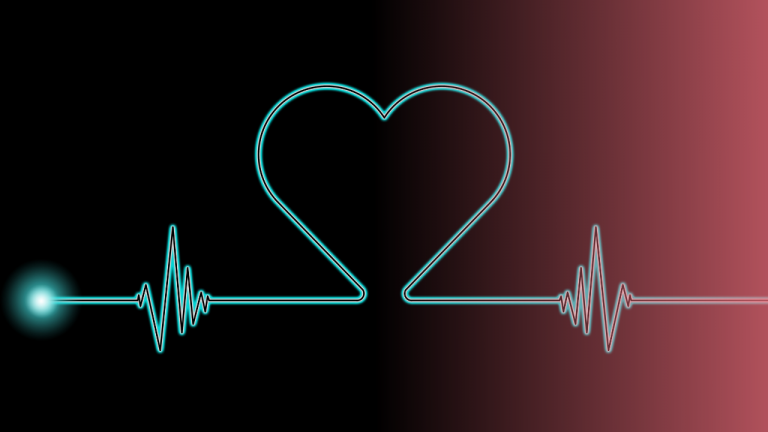
There are a few different ways to lower your heart rate. One way is to slow down your pace or take a break. Another way is to increase the amount of time you’re working out. And finally, you can try relaxation techniques such as deep breathing or meditation. If you want to learn more about lowering your heart rate, talk to your doctor or a personal trainer.
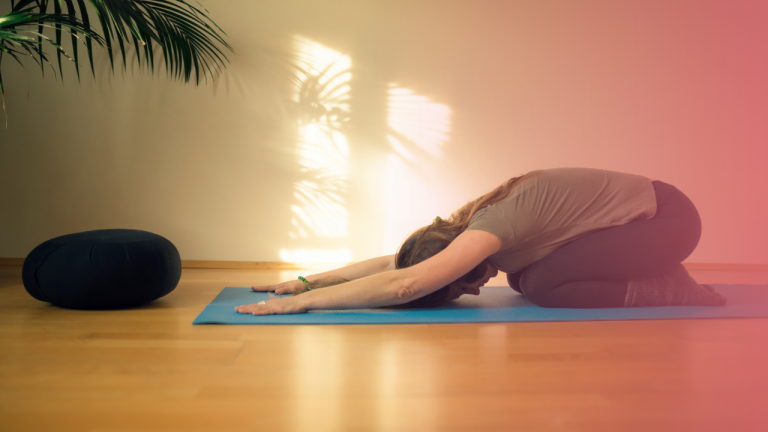
Are there any risks associated with having a high heart rate during exercise?
There are no risks associated with having a high heart rate during exercise. Many experts believe that it is beneficial to increase heart rate during exercise. When your heart rate is elevated, your body can burn more calories and fat. So if you are looking to lose weight or improve your cardiovascular health, having a high heart rate during exercise can be very beneficial.
However, it is essential to note that you should never push yourself too hard when your heart rate increases. If you start to feel dizzy or lightheaded or experience any other symptoms that make you uncomfortable, stop exercising immediately and consult with your doctor.
If you are looking to get in shape, don’t be afraid to elevate your heart rate during your workouts.
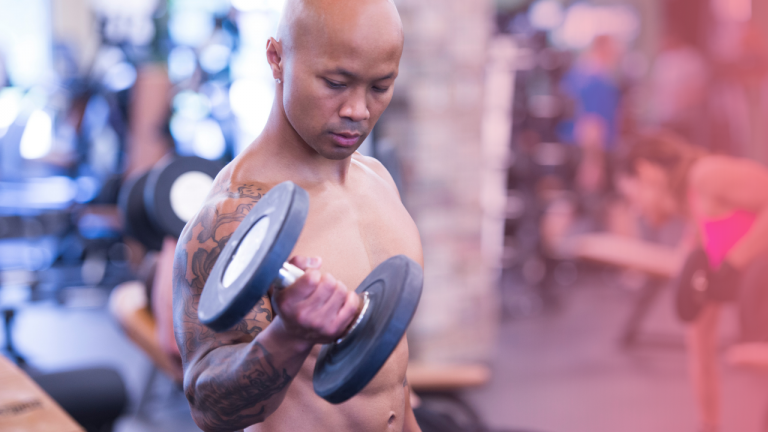
What should you do if you experience an increased heart rate during or after exercise?
It’s essential to monitor your heart rate during and after exercise, especially if you’re new to working out or have any health conditions. If you experience an increased heart rate, stop exercising and consult with a healthcare professional. You may need to adjust your intensity level or take other precautions. Always listen to your body, and don’t push yourself too hard.
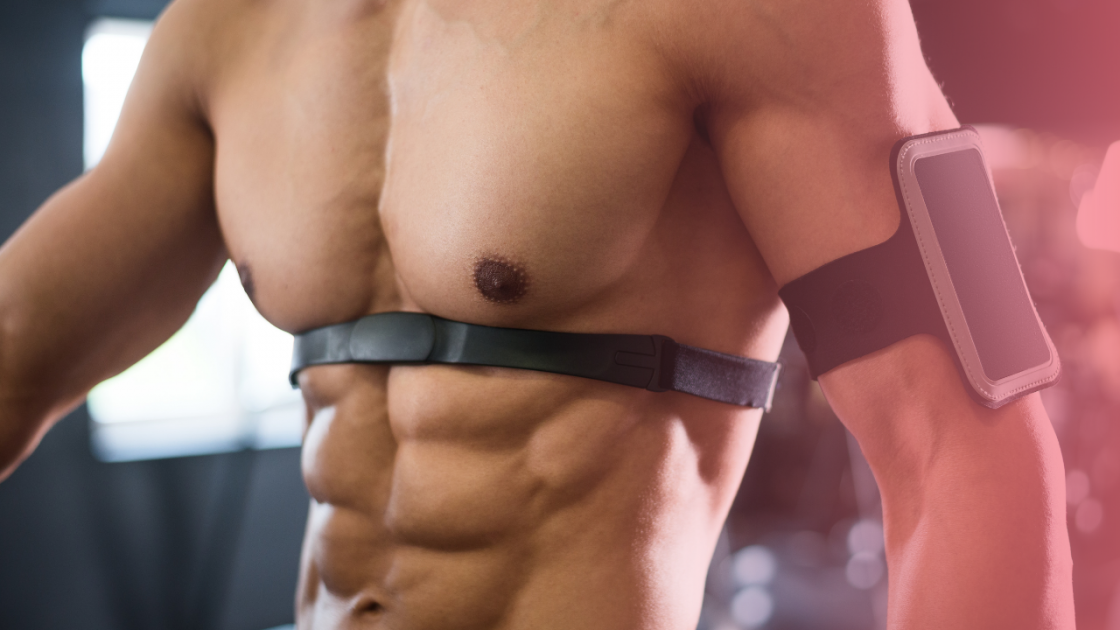
We’ve learned a lot about heart rate and how it increases during exercise. The next time you head to the gym, keep in mind that your heart is working hard to help you reach your fitness goals. And remember, if you have any questions about your heart health, always talk to your doctor.

